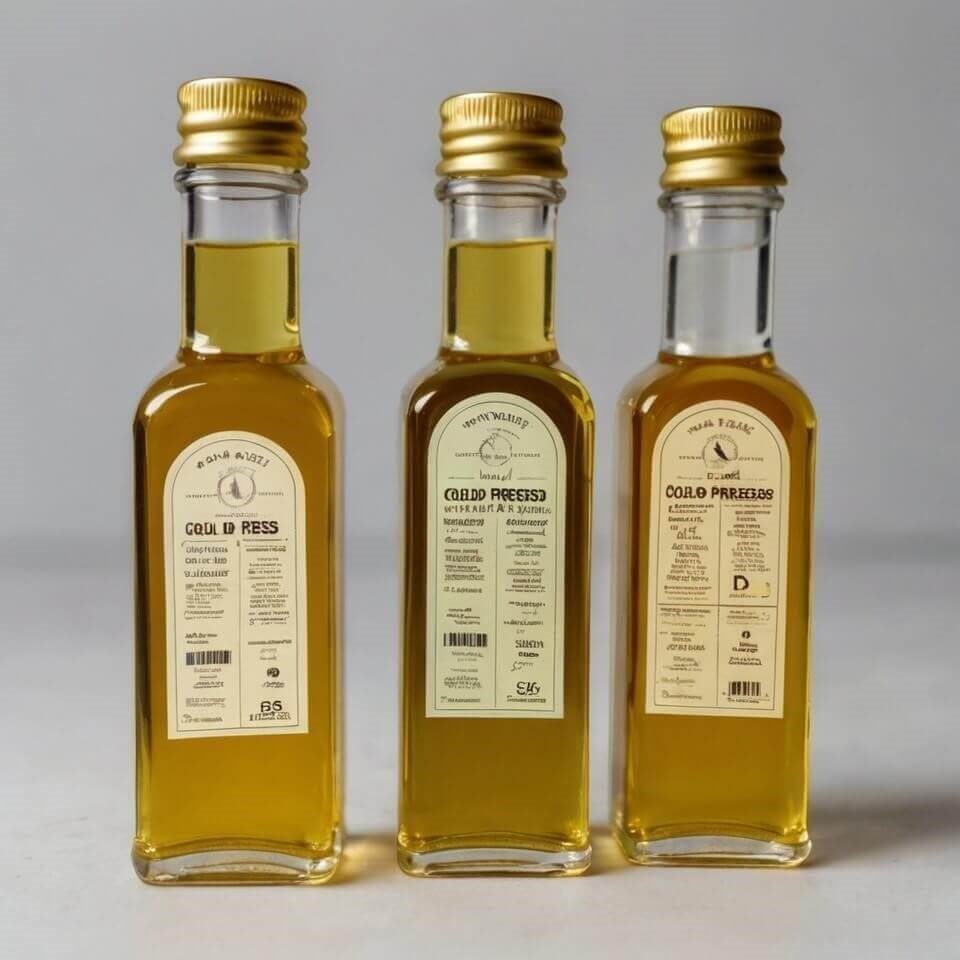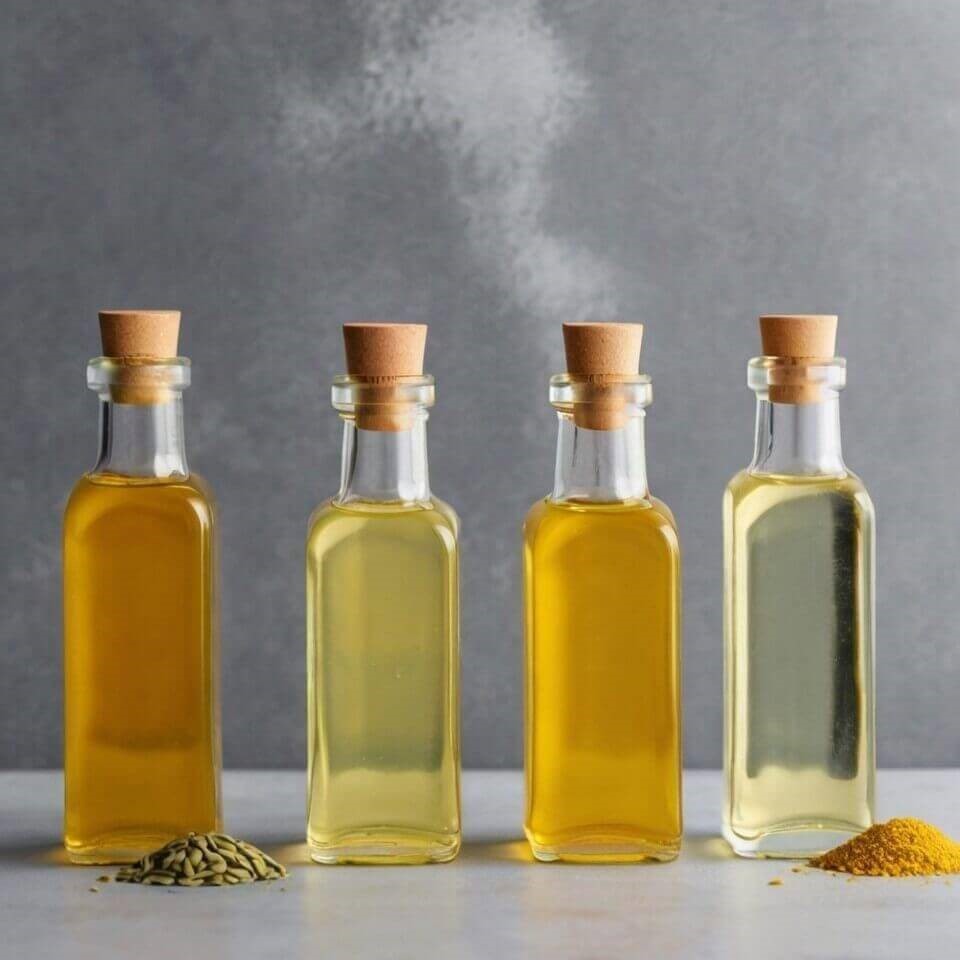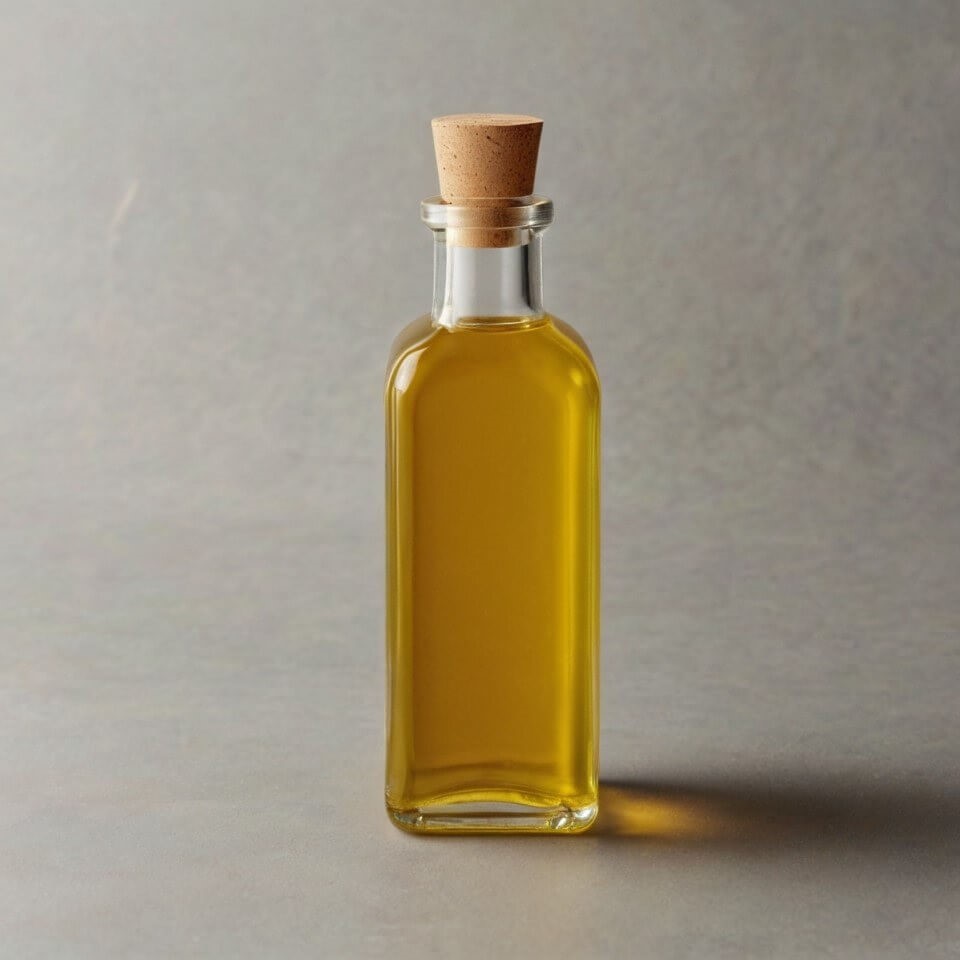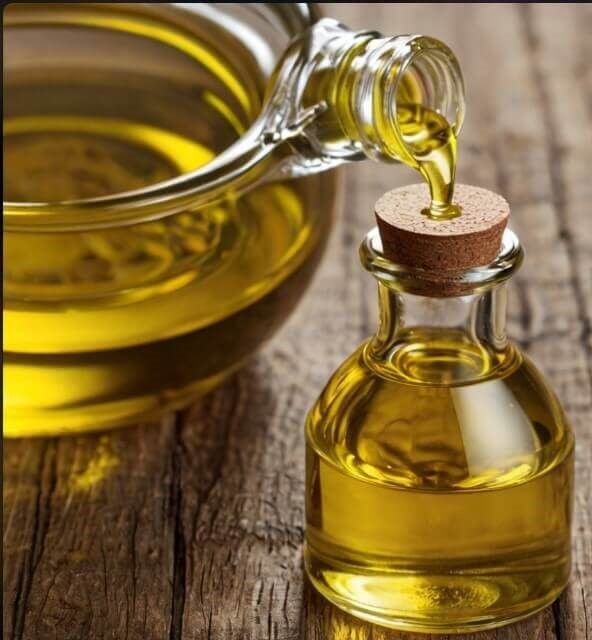
People, nowadays, are consciously making the right choices regarding their diets. Cold-pressed oils are gaining popularity among the masses for this reason. There is every reason to prefer them over the traditionally popular refined oils. They are considered healthy, nutritious, safe, and natural to their refined, chemical-based counterparts. However, it is important to consider the downsides of this seemingly perfect story. Have you ever pondered the disadvantages of cold pressed oil before buying it? Knowing about the disadvantages of cold pressed oil will make buying a more conscious, balanced, and personalized decision. Let us examine the disadvantages of cold pressed oil in the article.
Also Read: WellHealth Ayurvedic Health Tips
Understanding Cold-Pressed Oils
Cold-pressed oils are extracted from natural sources such as nuts, seeds, and fruits. Unlike regular oils, their extraction does not involve high temperatures or chemicals.
When heat is used to extract oils, it produces a higher quantity but strips the oil of its nutritional elements.
On the other hand, cold-pressed oils are extracted through a mechanical process (using a hydraulic press or an expeller press) that involves very little heat and chemicals.
Therefore, they preserve maximum nutrition making them far more beneficial and nourishing than regular refined oils.
Also Read: What Cooking Oils Help with Thyroid? – Oil Up for Wellness
Disadvantages of Cold Pressed Oil
The disadvantages of cold-pressed oil are not too well-known.
They are not widely discussed and are often overlooked by cold-pressed oil-wild people.
Let’s examine them in detail to make you a more informed consumer.

A.) Short Shelf Life
Cold-pressed oils have a shorter shelf life in comparison to other regular oils.
Use the cold-pressed oil within 6 months after opening the bottle.
Following are the general guidelines for the shelf life and how long you can preserve a cold-pressed oil:
- The shelf life of a cold-pressed oil depends on the type, quality, ingredients used, packaging, and storage conditions of an oil.
- Oils high in polyunsaturated fats like flaxseed or hempseed oil are more prone to oxidation and have a shorter shelf life than those high in monounsaturated fats like olive oil.
- Keep cold-pressed oil in a cool, dark place, avoiding exposure to light, heat, gas stoves, and oxygen, which can degrade its quality.
- Store the oil in a dark-colored glass bottle or a metal container. The container or bottle should be dry, neat, and air-tight.
- Close the bottle or container tightly after using the oil to avoid oxidation and prevent the oil from becoming rancid.
- Choose cold-pressed oils extracted using fresh, organic, and high-quality nuts, seeds, or fruits.
- Storing cold-pressed oil in a clay container can extend its shelf life to one year.
- Any spoilage in the oil will be noticeable through an awkward smell. Keep checking the oil periodically for any such degradation.
B.) Pricey Oils
Cold-pressed oils are costly in comparison to regular oils.
Producers mostly extract these oils using high-quality, organic, and non-GMO (genetically modified) seeds and nuts. The use of premium raw materials makes them a costly option.
Cold-pressed oils retain their nutritional value which makes them a pricey stuff.
Also, the mechanical extraction process leads to a lesser yield of cold-pressed oil, another reason for their higher price.
Other factors that lead to the high cost of cold-pressed oil are the slower and time-consuming extraction process, quality controls, and increased consumer demands.

C.) Limited Range Available
Another disadvantage of cold-pressed oil is that the cold-pressed extraction process is suitable for only a few oils.
Cold-pressed extraction is considered best for nuts, seeds, and fruits that contain high amounts of oil in their raw state.
Thus, producers do not consider raw materials that lack enough oil or require additional heat for processing to be suitable for cold-pressing.
Some oil seeds commonly used for cold-pressing include olive, coconut, avocado, and flaxseeds.
Oil seeds less suitable for cold-pressing include canola, soybean, palm, and sunflower.
As an informed consumer, always check for the quality of the raw materials and the supplier’s authenticity.
D.) Be Aware of Allergens
It is important to take food allergies seriously as they can prove to be fatal.
Food allergies occur when the immune system reacts abnormally to proteins in various foods, posing a risk of allergic reactions in susceptible individuals.
Because they are minimally processed, cold-pressed oils keep the protein intact. Hence, anyone with an allergy must avoid using these oils.
Read the list of ingredients and allergens used before making a purchase.
E.) Susceptible to Adulteration
Producers frequently mix cold-pressed oils with inferior-quality seeds, making them susceptible to fraud.
Always buy oil from a reputed brand or seller and check for quality certification.

F.) Flavor Profile
Cold-pressed oils have a distinct nutty, fruity, or grassy taste.
Though this distinct flavor indicates the authenticity of cold-pressed oil, some people may find the flavor strong initially.
G.) Smoke Point
Another disadvantage of cold pressed oil is that they are unsuitable for deep-frying or high-temperature cooking.
People mainly use cold-pressed oils for light or moderate cooking or sauteing.
To know if the oil is good for cooking, you can always check its smoke point.
Takeaway Message
The host of health benefits cold-pressed oils offer make them a huge hit among people.
Knowing the disadvantages of cold pressed oil will help you make a more rational and balanced decision.
Both advantages and disadvantages complete a picture.
This way you can weigh both pros and cons and make a better choice.
Disclaimer: The views expressed in this article are the writer’s opinions and should not be considered a substitute for an expert’s advice.

Image courtesy: flickr.com
Frequently Asked Questions
Q1.) Is cold-pressed oil good or bad?
Ans.) Include cold-pressed oils in your diet for their numerous health benefits.
They are better than regular oils as they can preserve the nutrients of the raw ingredients.
They are a rich source of Omega-3 and 6 fatty acids and natural antioxidants.
These cholesterol-free oils contain vitamins A, C, D, E, and K.
They also have an abundance of magnesium and zinc.
The bioactive compounds found in cold-pressed oils have beneficial anti-inflammatory, antimicrobial, anticancer, antihypertension, and lowering of low-density lipoprotein effects on the human body.
Q2.) What are the disadvantages of cold pressing?
Ans.) Some disadvantages of cold pressed oil include short shelf life, limited variety and high cost of oil, presence of allergens, risk of adulteration, and unsuitability for deep frying or high-temperature cooking.
Q3.) Which oil is better refined or cold-pressed?
Ans.) If you prioritize health and nutrition, then cold-pressed oils are superior to refined oils
However, these oils are costly and have shorter shelf life.
They are also not suitable for deep frying.
👌
Thanks.